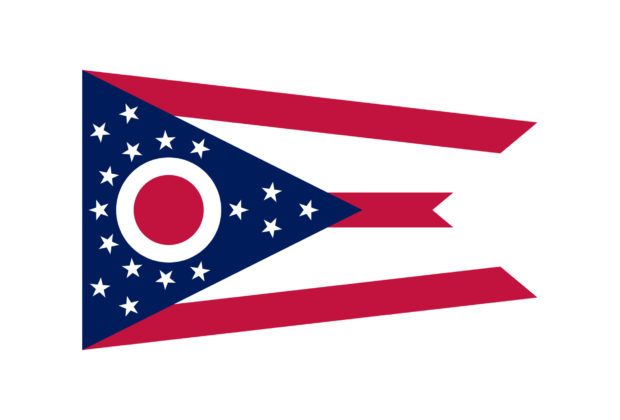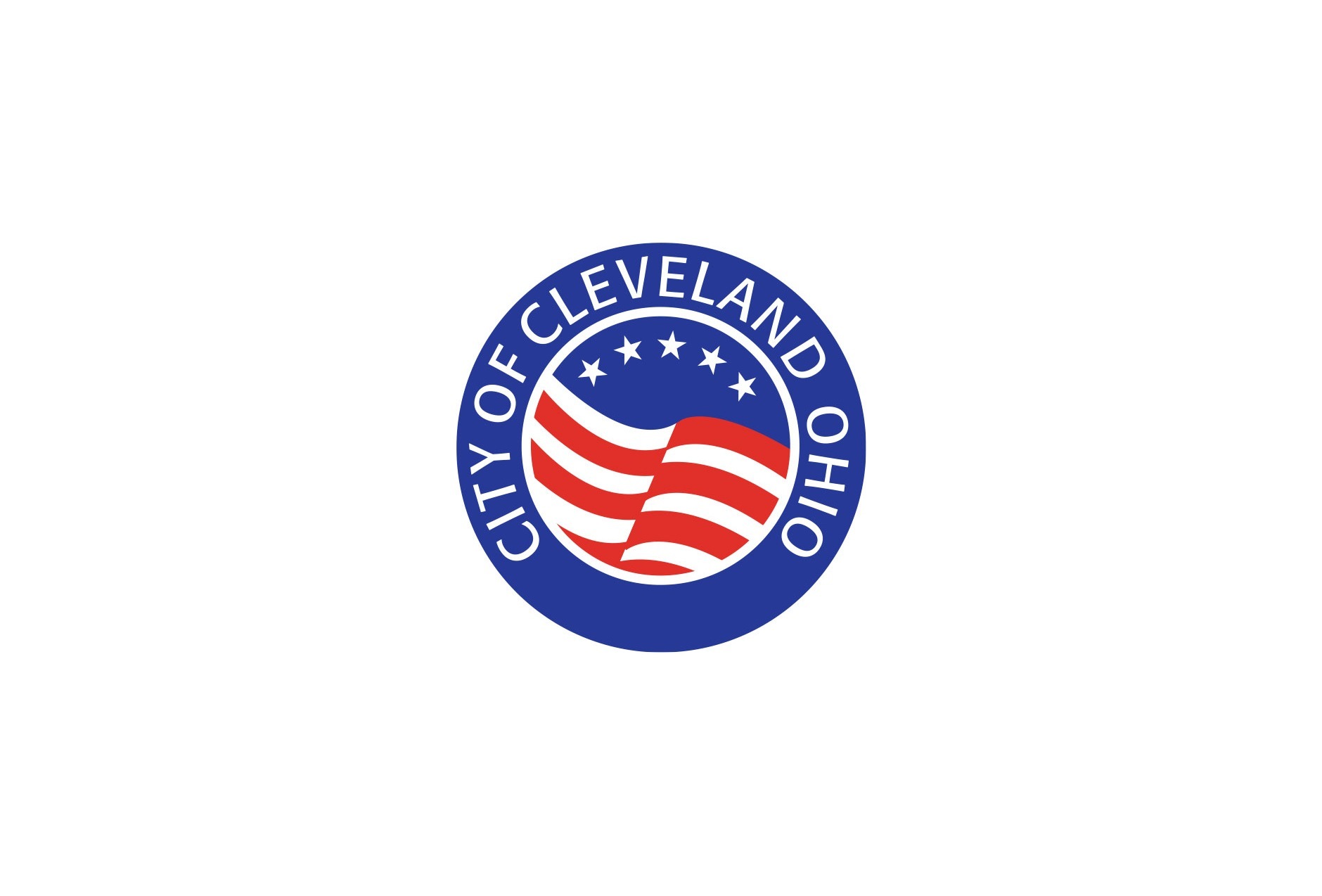The ongoing debate about who should be able to set tobacco laws in Ohio has added another chapter, as the House of Representatives has voted 60-31 to override a governor’s veto and return that power exclusively to the state.
The issue traces back to a ban on the sale of flavored tobacco passed in late 2022 by the Columbus City Council. Around the same time, the outgoing Ohio General Assembly was holding a lame-duck session and introduced a preemption clause for flavored tobacco and vaping sales, meaning that cities and towns would be prohibited from passing laws stricter than those of the state.
As part of the usual legislative process, the bill went to the desk of Gov. Mike DeWine, who has been a supporter of a ban on flavored vaping products, and who vetoed that bill in early January.
This summer, the preemption clause came back around as part of the General Assembly’s state budget proposal, and which was passed by the legislature. The rules would have prevented cities and other local governments from passing their own laws that would have been more restrictive than state laws regarding the “giveaway, sale, purchase, distribution, manufacture, use, possession, licensing, taxation, inspection, and marketing of tobacco products and alternative nicotine products.” It would include a local government banning the sale of flavored tobacco and/or vaping products. The budget passed with the provision, and DeWine once again vetoed the provision, saying that while he would prefer “an effective and comprehensive statewide flavored tobacco ban” that would include menthol, he called local government bans essential in helping to reduce access to flavored tobacco products.
The matter now heads to the Senate, which won’t reconvene until January, to see if there will be enough votes in that chamber to override the veto as well. For now, cities can still enforce their own laws on tobacco sales.



